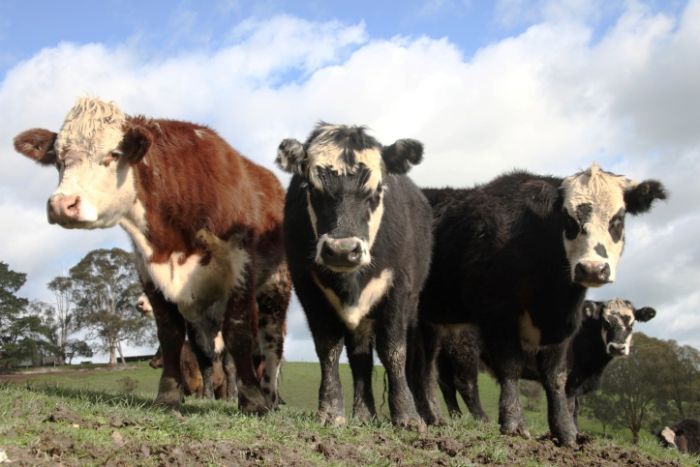
Extreme heat is a growing hazard for cities around the world. A case study on Louisville, Kentucky offers recommendations that could significantly reduce the number of people who die annually from heat-related causes

Cows account for at least 10 percent of global greenhouse gas emissions and growing just one pound of beef requires almost 2,000 gallons of water. In light of such negative costs, the Danish Council of Ethics recently proposed to tax red meat.

Germany appears poised to implement significant incentives to encourage the purchase of electric cars. This week, the German government announced an incentive program that will include rebates for both electric cars and plug-in hybrids.

By the end of the summer, IKEA branded solar panels will be available for purchase online and in UK stores for those who want to cut their electric bills.

The project is expected to raise investment of over $1 trillion.

Despite concerns over baseload and storage, India is on track to soar past its goal to deploy more than 100 gigawatts of solar power by 2022.

Retrofitting a small portion of buildings would have big impact on cities' carbon emissions.

A vegetarian diet and lower meat consumption could be the key to meeting global food demands without clearing more forests for farmland, according to new research.

Leaders from more than 170 countries gather at the United Nations to sign the Paris climate deal. "This is a moment in history," UN Secretary-General Ban Ki-moon said. "Today you are signing a new covenant with the future."

Over one million PET bottles will be recycled to construct the Plastic Bottle Village in Panama.

Indonesian president Joko Widodo said he would halt the expansion of the mining and palm oil industries, likely this year, to curb rainforest deforestation.

Tokyo’s urban jungle is about to become a whole lot greener. Dutch firm ingenhoven architects unveiled designs for the Toranomon Project, a mixed-use development draped with greenery.

Solar power, driven by exponentially-increasing nanotechnology, will satisfy the entire world's need for energy in less than twenty years.

Solar Impulse 2 pilots Andre Borschberg and Bertrand Piccard are ready to fly again. Once they determine the best weather conditions, Piccard will fly the plane to North America.